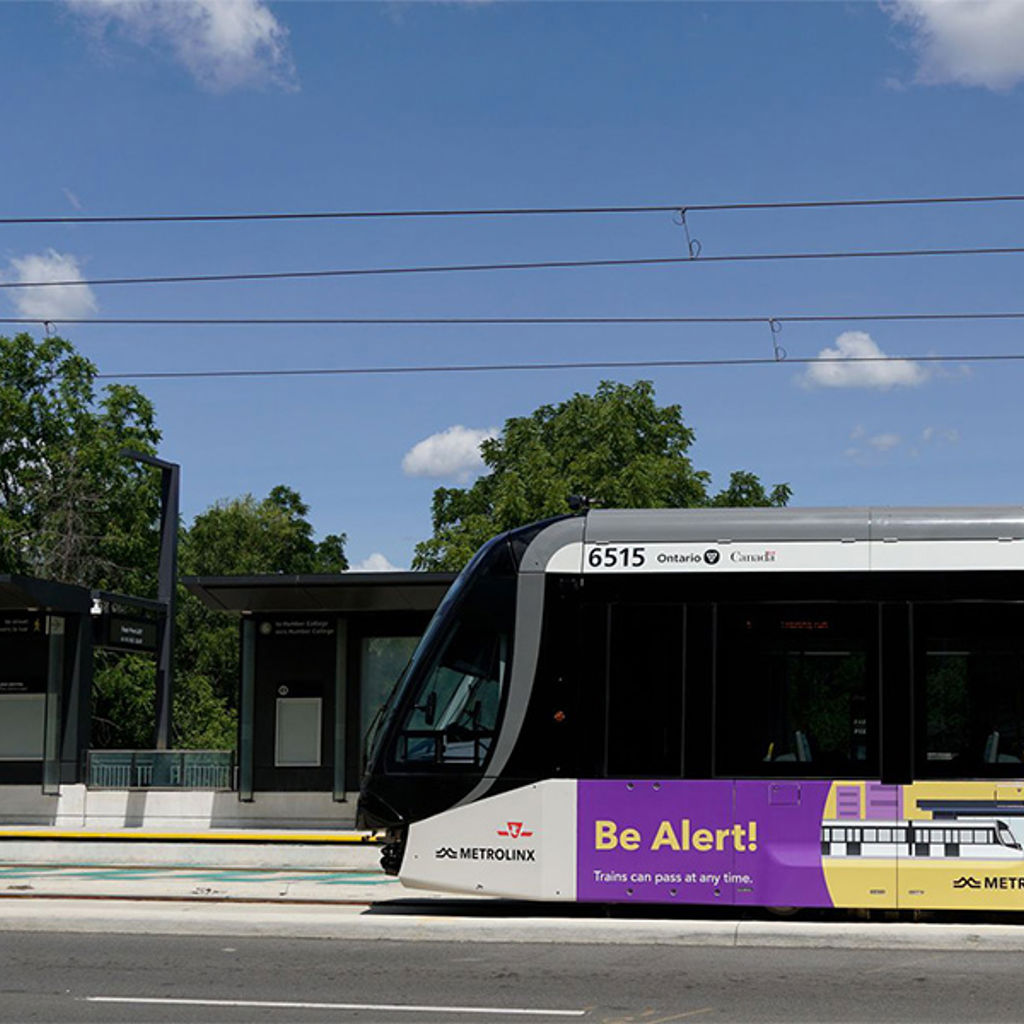Class 3 Technologies (Class 3), a startup pioneering the next-generation of climate risk and resilience modeling for the built environment, today announces the close of its $3.5M seed round led by Powerhouse Ventures, alongside Sustainable Future Ventures and Tailwind Futures. Spun out of the global engineering and built environment consultancy Arup, Class 3 leverages the simulation engine Iris — a first-of-its-kind platform delivering actionable, building-level insights to help organizations quantify and manage the growing threat of climate-driven disasters.
Class 3 was born out of the firm’s innovation engine Arup Ventures, which supports the incubation, acceleration, scaling, and commercialization of early-stage companies seeking to redefine and transform the built environment for the better. From AI-powered design tools to circular construction systems, our firm’s ventures tackle the industry’s most pressing challenges head-on. Recognizing Iris’s potential to drive climate resilience globally, Arup spun out Class 3 as an independent company to scale its reach and drive impactful outcomes in risk and resilience. Iris embodies Arup’s engineering DNA, turning deep technical expertise into a digital platform that simulates physical impacts, quantifies structural vulnerability, and tests resilience measures with precision and clarity.
“Class 3 translates engineering excellence into accessible software for climate resilience,” said Ilana Judah, Americas Climate and Sustainability Leader at Arup. “This launch is an exciting milestone for Arup Ventures, and we will continue building on this legacy, leveraging Iris to continue to deliver the best-in-class risk and resilience consultancy work that remains core to who we are.”
A growing number of organizations that operate, own, or invest in properties want to limit their potential impact to catastrophic events and protect their people, property, and businesses. Many recognize that legacy tools built for financial reporting do not provide enough details to make critical real estate or operational decisions. While high-quality engineering assessments exist, they are cost-prohibitive at scale, limiting accessibility and impeding needed progress on global risk reduction. A revolutionary approach that delivers unprecedented accuracy and scalability at the building level was necessary to equip decision-makers with the intelligence to take action with confidence.
Built on two decades of frontline engineering and building design experience, Iris represents a step-change in how climate risk can be measured and managed. While traditional platforms rely on high-level projections or insurance-based loss averages, Iris translates state-of-the-art engineering methodologies into detailed vulnerability assessments and resilience strategies tailored to the unique characteristics of each building.
Class 3’s founding team brings unparalleled expertise in risk modeling, climate resilience strategy, and building engineering design and performance. CEO Ibbi Almufti, a licensed professional and structural engineer, previously led the Risk and Resilience practice at Arup, where he helped shape national and international approaches to quantifying and reducing climate and seismic risk. The team is rounded out with experience in venture building and Enterprise B2B SaaS.
“We’re here to catalyze resilience action at scale,” said Ibbi Almufti, Founder and CEO of Class 3 Technologies. “To measure resilience accurately we had to develop new damage and loss models built on first principles of engineering, down to the level of individual building components. With Iris, organizations can finally quantify building vulnerability and risk properly and simulate the benefits of resilience interventions to act decisively.”
To learn more, visit class3technologies.com or follow Class 3 Technologies on LinkedIn.





